So, what is your first reaction when you read this headline? Do you think this is a really dumb topic to write upon? After all a seasoned executive, with accolades under her belt and a vast body of
experience will breeze through, acing an interview, right?
Well you’ll be surprised! As a Diversity Recruiter I have worked closely with umpteen very bright,successful women. It still comes as a surprise that the prospect of a job interview can create a few butterflies in their stomach. This article is directed at all those extremely talented women out there, with the purpose to calm those nerves – the mantra to your approach to a job interview should be the same as your approach to any big assignment at work- prepare, prepare and prepare some more. Plan and strategize.
-
For starters, prepare an updated resume and invest time to proof read it please! It is very surprising as a recruiter to meet business leaders who have not proof read their resumes.
Please check it for spellings, grammar and correct indents. Highlight your achievements and oh! please don’t add a page number to the document if it is only one page!Your resume is your first introduction to the organisation and people you would like to work with, therefore the care that should go into creating this document cannot be over emphasised.
- Do your Research
Before your meeting, spend some time in researching details on the firm you plan to interview with, their business, their top team and really any pertinent information. It is an investment that
always pays! A good place to start would be the company’s website and a web search can surprise you with the
gems it’ll yield. -
Your depth of knowledge about their business leaves a very positive impression on the person/s across the table, as it shows your keen interest in their organisation. Do not underestimate the initial interview with a recruiter/ mid-level interviewer.
Sometimes, before meeting the C-suite team, there could be an interview with other executives at the organisation. How you take this meeting could mean a make or break between getting this job. Do not let on the attitude of being “I’m too senior to have a conversation with you”. This interview is a great opportunity to find out more details about the organisation, role, culture etc. To the interviewer, it’s “their” company and they will proudly share details. This approach serves you a dual purpose- it reflects your interest in the job to the interviewer and it allows you to structure your pitch for the meetings at the next level, armed with the information you have collected here.
- Examine Your Surroundings
While you wait for your interviewer to join you, pay close attention to the ambience of the workplace- the interactions between employees around you, the dress code, how you are spoken to etc. These are good gauges to know how you will be treated when you join.
I’ve always maintained that your interactions with your direct boss guide your perception of the workplace and how enabling the work environment will be. A good first meeting paves the way for a positive work experience.
- Think about what information you can share
This is especially true if you are interviewing with a competitor. It’s worthwhile thinking beforehand for any areas of information you would not like to discuss. Ethics is an integral quality in a valued professional and your interviewer can only appreciate your stand on it.
- Pitch on how you can make a positive contribution to the organisation
The position you are interviewing for is open because the organisation needs a specific talent to fill a certain gap in their team.
At this point, having done your research, you have details of the organisation you are going to interview with, the environment it currently operates in and the kind of person they are looking for.
Now is the time to sell yourself, to highlight how you are the best candidate for this role. Now is the time to leverage on your vast experience! Talk to your interviewer about how you worked in a similar situation and came out shining; maybe share some learnings you imbibed with that experience- all of which make you the ideal candidate for the role at hand. The above are but a few pointers to elevating your interview preparation from “good” to “great”. I would be very interested in reading about how you prepare for interviews, so do share your experiences
too….





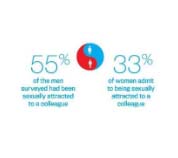
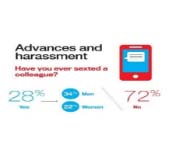
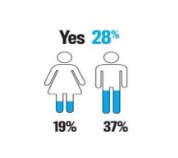
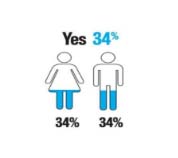
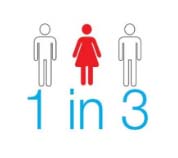

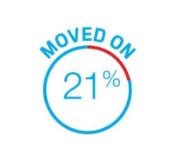
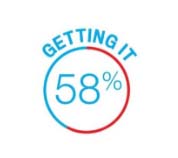
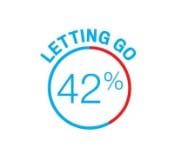

Recent Comments